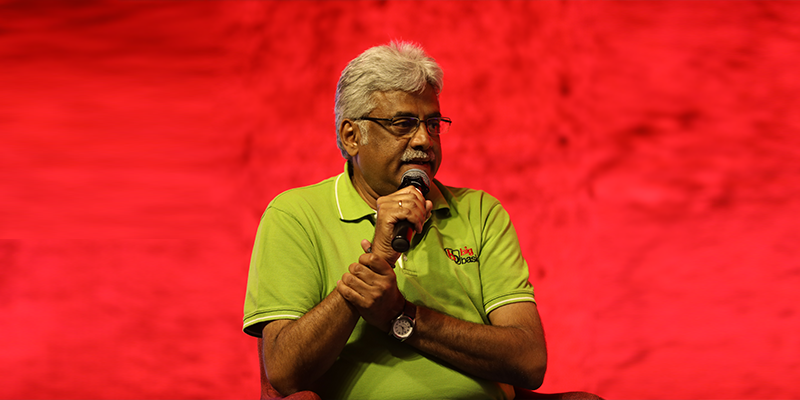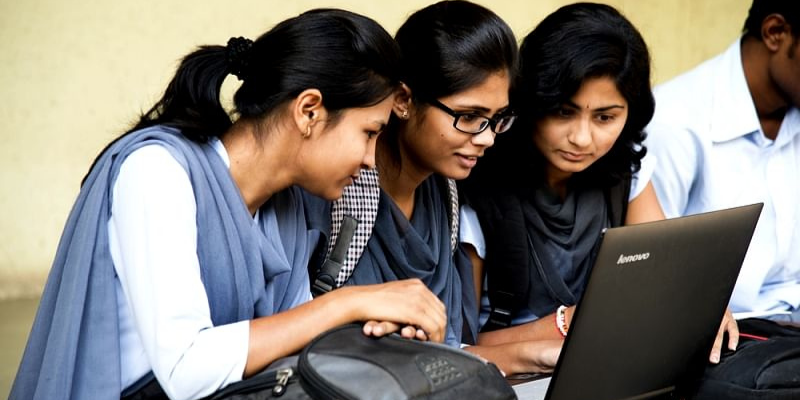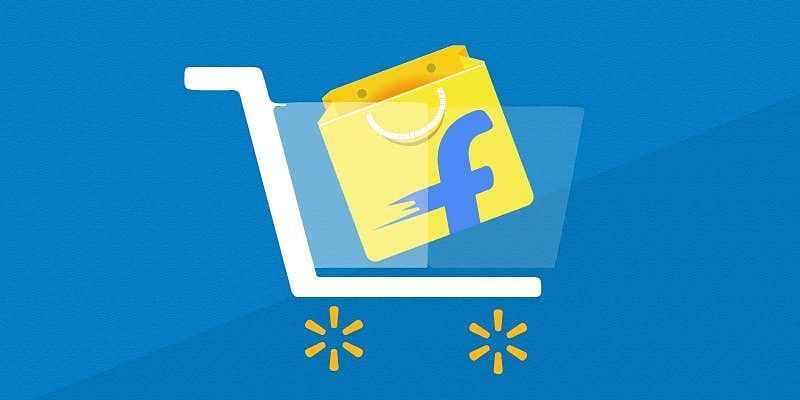Coronavirus: BigBasket’s Hari Menon takes to Twitter to explain supply issues, delivery delays
Hari Menon, Co-founder and CEO, BigBasket, takes to Twitter to speak about demand-supply and delivery amid the coronavirus lockdown. His biggest learning: do more with less.
For close to a month, India has been under a complete lockdown to stem the spread of coronavirus. Prime Minister Narendra Modi had announced that essential services, including grocery, kiranas, and e-grocers, would not be impacted. But, the first week brought a lot of confusion among on-ground authorities and companies on what comprised essential services.
What followed was chaos: delivery partners were accosted by the police, and the supply chain froze as warehouse and factory staff were unable to go to work.
However, the government worked swiftly and most problems were resolved within the first week itself.

Hari Menon, Co-Founder and CEO of BigBasket
The shifting delivery timelines
One problem nonetheless persisted: delivery timelines, and opening of delivery slots. Especially on BigBasket, and more so in cities like Mumbai.
Needless to say, several customers expressed their angst on social media.
Hari Menon, Co-founder and CEO, , took to Twitter to address consumer concerns. He began by explaining how the e-grocery startup plans for demand. He said the team plans for demand three months ahead on a rolling basis - setting up warehouses, procuring racks, picking devices, crates, hiring people, delivery vans, among other things.
“We also have close relationships with our suppliers- FMCG companies 15,000+ registered farmers, and mills, which means we would be able to service the additional post-lockdown demand comfortably,” Hari said.
Reverse migration problem
But he explained the biggest problem after the lockdown – a large section of the workforce left for their villages.
“That was something we didn't anticipate, and which meant we couldn't pick orders and deliver them in sufficient numbers to satisfy the three to six times increase in demand. Resulting in slots closing within a few minutes of opening,” Hari said.
He explained that after the lockdown and when a large chunk of their manpower left, the startup was delivering 30,000 orders in a week. Today, this is at 2.83 lakh orders.
Hari added they have been trying to recruit warehouse staff and delivery executives in all cities. The e-grocer has also tied up with Uber and others like Rapido to ensure deliveries. It has also entered partnerships with 57 others, including the restaurant association, non-essential retailers, garment factories, etc.
A slowly changing scenario
“However, recruitment and training do tend to take time; also, a lot of the people who applied for jobs were only willing to join after the lockdown. Fortunately, things have improved now, and should get better in the next few weeks,” Hari added.
“And we executed on the ONE BIG LEARNING FOR ME DURING THESE TRYING TIMES: DO MORE WITH LESS,” Hari tweeted.
The impact of the lockdown on the logistics sector has also affected the overall supply chain. It has made inter-city and inter-state transport a challenge.
According to a report by Unicommerce, there has been a massive 70-80 percent increase in the number of online orders, with order size increasing substantially by 15-20 percent. FMCG and staples are some of the most popular products ordered online.
The increase in demand necessitates more people on ground, and these tie-ups have helped ensure a semblance of normalcy for delivery startups. Most ecommerce and offline players are primarily focused on delivery of essentials, for now.
However, while challenges persist, startups, corporates, and the government are working together to solve the problem of the supply chain.
(Edited by Teja Lele Desai)









![[Funding alert] Health education platform Virohan raises $2.8M across Seed and Series A rounds](https://images.yourstory.com/cs/2/b87effd06a6611e9ad333f8a4777438f/Image3vzm-1598348478370.jpg)


